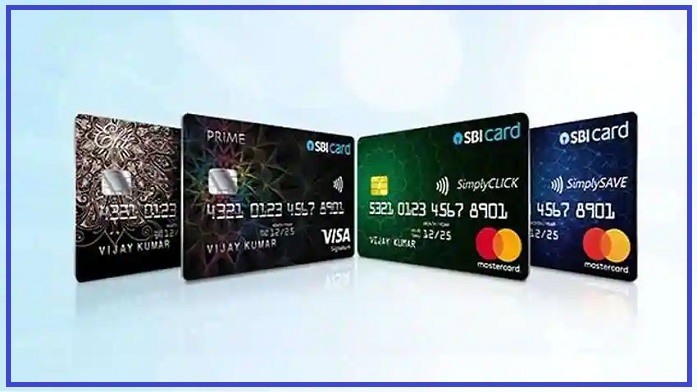New Delhi:
Everyone uses credit cards. It is becoming trendy, especially among the youth. Whether you have money in your pocket or not, it doesn’t matter if you carry a credit card.
Many times people, while making purchases from it, need help to keep in mind how much has been spent and how much should be done. The Income Tax Department also keeps an eye on your credit card expenses.
If you look at the figures of the Reserve Bank, in November 2022, the number of credit card purchases on the e-commerce website increased by 3.7 times, i.e., almost four times.
Also, even at Point of Sale (PoS), credit card purchases have increased 1.2 times compared to debit cards.
Consumers find it very easy to buy from this, but often they spend more than necessary and come in the eyes of the Income Tax Department.
What is the rule of credit card purchase?
Although the Income Tax Department does not have any specific rule regarding credit card purchases,
banks and financial institutions have been asked to report high-value transactions to the Income Tax Department.
Under Income Tax rules, banks have to say transactions of more than ten lahks through Form 61A.
Not only this, but the information about the credit card expenses of a person will also have to be given to the banks through Form 26A.
Its information must be provided if a credit card holder has done a high-value transaction.
When will the income tax notice come?
The Income Tax Department has also told that how much money an individual customer will spend, then he can come in the eyes of income tax.
According to the Income Tax Department, every customer who deposits a credit card bill of more than Rs 1 lakh every month may face scrutiny.
Especially if a customer submits the statement in cash, then the Income Tax Department may have an evil eye on him, and a notice may also come.
Banks give information every year
The Income Tax Department has made it mandatory for banks, companies, registrars, and post offices to report credit card transactions through Form 61A annually.
It contains the complete statement of financial transactions. Not only this, but taxpayers will also have to give information about their dealings in Form 26AS. Credit card transactions will also have to be included in this.
